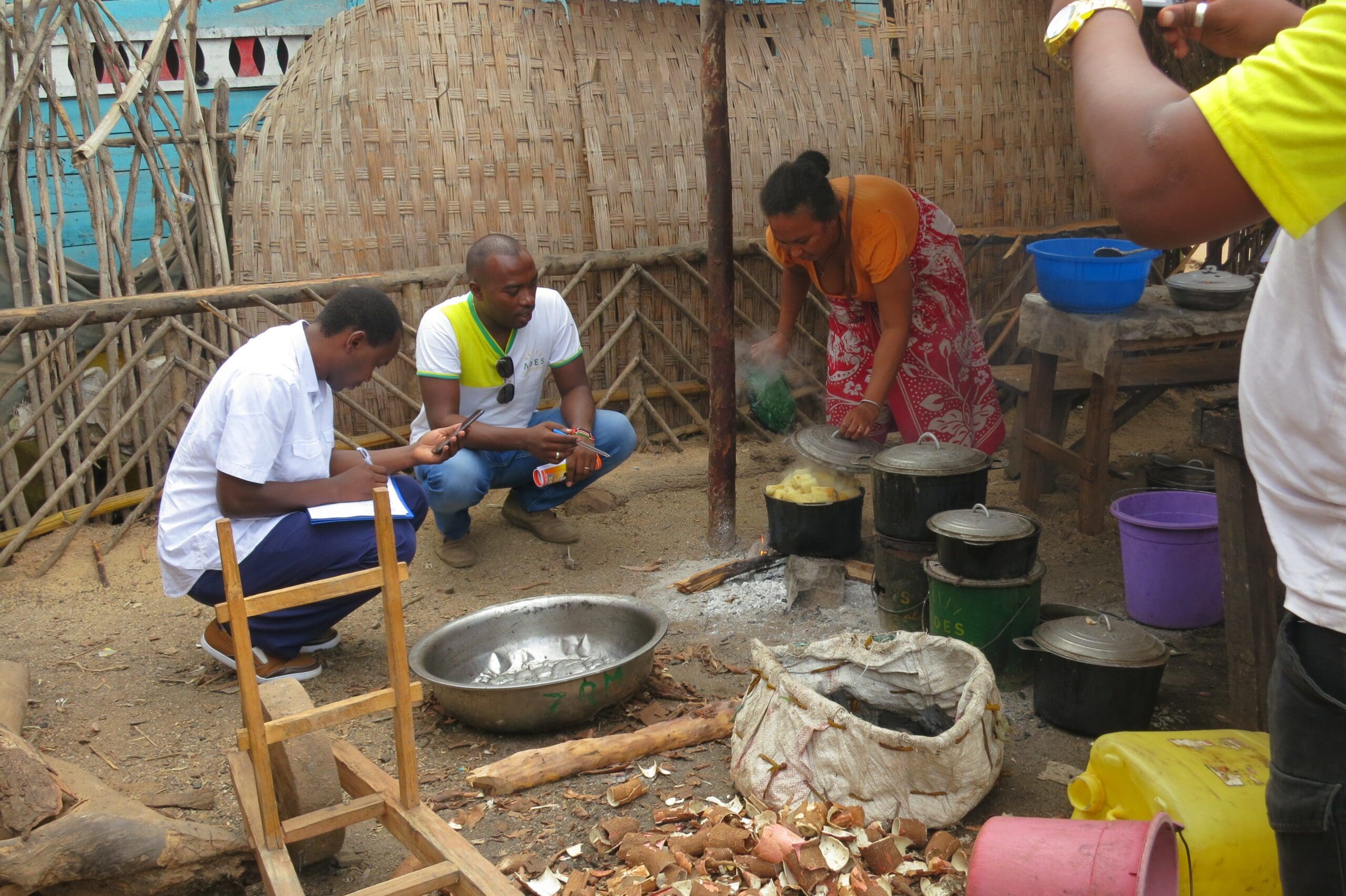Insights into the work of the ADES CO2 monitoring team.
"In Moramanga, the use of oli-c (energy saving cooker coal) reaches 95 percent regular use, with the remaining 5 percent varying between occasional and intermittent use. In contrast, the use of oli-b (energy-saving cooker wood) is very low, with only about 30 per cent being used regularly. This is because the price of coal is very affordable here and the use of wood is only an alternative."
"In Manakara, we visited a village that received several cookers donated after the devastation caused by the cyclones in March. Fortunately, the usage rate there is very high, reaching up to 85 per cent of regular use. Many people have told us their desire for an ADES cooker, as they have seen for themselves the efficiency of the ADES cooker."
„In the Morondava region, we visited the villages of Tanandava and Beroboka, where the path led us through the famous "Avenue of the Baobabs". Seeing these wonders made us realise once again that all our work is worthwhile to preserve these natural monuments of Madagascar. We conducted training on the use of our cookers and a cooking demonstration at the same time, as many users cited lack of instruction as a reason for not using the cooker."


